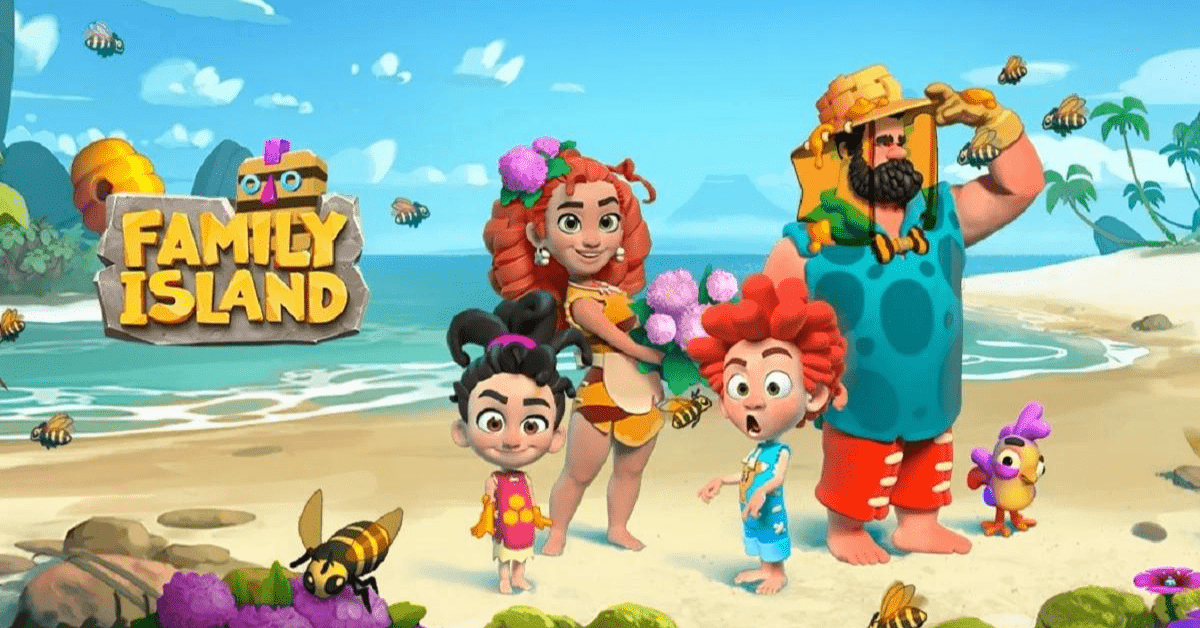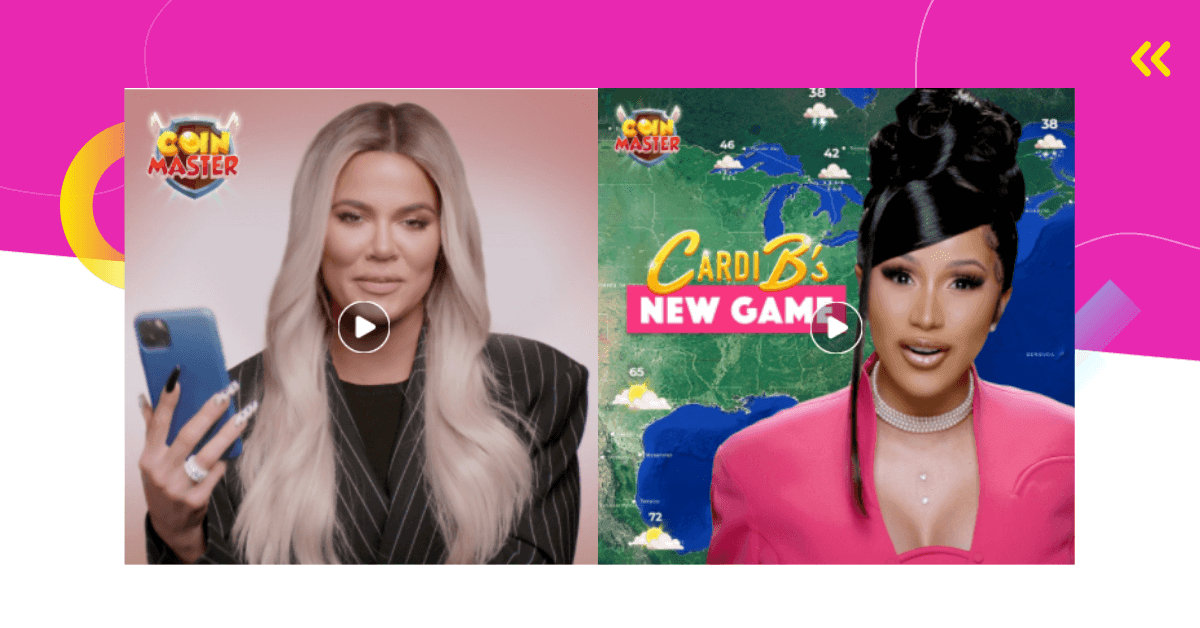K-factor might sound like something straight out of a science fiction novel, but it’s actually a powerful metric in the marketing universe. It’s also known as the viral coefficient, which is a clue as to what it’s about.
Let’s explore what K-Factor is, how to calculate it, and why it’s such a big deal for anyone in the mobile app and marketing industry.
What is K-Factor: Definition in Marketing
Imagine you’ve just found this awesome new app and you can’t wait to tell all your friends about it. If they download it because of your recommendation, and then they tell their friends, who tell their friends – well, you get the picture.
This ripple effect, where one user’s enjoyment of a product leads to new users, is at the heart of what we call K-Factor, or the virality coefficient.
So, what is K-Factor exactly?
K-factor is a metric that measures the virality of a product, service, or content.
In simpler terms, it’s an attempt to quantify how quickly and widely something spreads. The higher the K-Factor, the more viral the product is.
In marketing terms, achieving a high K-Factor means your product is not just seen but also shared among a wide audience, which creates a self-sustaining cycle of growth and exposure.
K-Factor for Apps
There are a couple of different ways you can approach K-factor for mobile apps, depending on user acquisition methods.
In the context of apps, some refer to the K-factor as the number of new users that existing users bring to your app, regardless of whether the existing users came through paid or organic channels.
Others explain the K-factor as a metric that measures how many organic users you get from your paid user acquisition campaigns. In other words, the number of new users paid UA users bring to your app or game either through referrals or word of mouth.
Whichever definition you prefer, the K-factor is all about how viral your app is.
Fun fact: K-factor actually comes from medical terminology where it’s used to measure how quickly viruses spread, i.e., how contagious it is. If we transfer this concept to mobile apps, the K-factor shows how “contagious” your app is by measuring how many new users were “infected” by existing users.
K-Factor Formula
To get into the nitty-gritty, the K-Factor can be boiled down to a relatively simple formula. It might look a bit daunting at first glance, but don’t worry, we’ll break it down:
K = i × c
Here, i represents the number of invites sent out by each user, and c stands for the conversion rate of these invites, or how many of these invites turn into new users.
The multiplication of these two factors gives us the K-Factor, a single number that can tell us a lot about the viral potential of whatever it is we’re trying to spread.
Note: to measure the K-factor correctly, you should have some type of referral program in place.
How to Calculate K-Factor?
Calculating the K-Factor isn’t as complex as it might seem. Let’s walk through it step by step:
- Count the Invites: Start by figuring out how many invites or referrals each existing user is sending out. This could be through any number of channels – social media shares, referral codes, direct invites, you name it.
- Conversion Rate: Next, you need to calculate the conversion rate of these invites. Essentially, you want to know what percentage of the invites sent out result in new users. This is where the quality of the invite matters; it’s not just about quantity.
- Apply the Formula: Once you have these two numbers, simply multiply them together. The result is your K-Factor. A K-Factor greater than 1 suggests your product is experiencing viral growth, as each user is bringing in more than one additional user, on average.
K-Factor Example
Here’s an easy example of calculating the K-factor.
Let’s say each of your users invites 4 friends. That means i = 4. If, for example, 50% of those invited people convert to users, that would mean c = 0.50.
Now you just need to multiply the two numbers.
K = 4 * 0.50
K = 2
That means your app or game is viral because every user brings two more users.
Not too complicated, right?
A K-factor that’s higher than 1 means that your app or game is viral. Naturally, the higher it is, the better.
K-Factor Calculator
To make it easy for you, we’ve created a K-factor calculator that will help you quickly calculate this important KPI. Just enter the number of invites and conversions and voila, you got your K-factor.
Measuring Users That Come Through Word of Mouth
Now, if you don’t have any referral programs in place, measuring this virality metric becomes tricky, as word of mouth is impossible to track with 100% accuracy.
In this case, unfortunately, there’s no magic K-factor calculator, but here’s what you can do in this situation.
Find a country where you don’t get any organic installs for your app or game. Then acquire a certain number of users through paid advertising campaigns. For example, let’s say you acquire 1,000 users.
If you notice that after some time you have more than 1,000 users, let’s say 1,100, that means 100 of them probably came through organic channels as a result of your paid UA campaign.

5 Tips for Improving Your App’s K-Factor
Enhancing your app’s K-Factor is crucial for organic growth and ensuring that your marketing efforts pack a bigger punch.
Here are some practical tips to help you do just that:
1. Make Sharing Irresistible
First things first, if you want people to share your app, you have to make sharing it feel like second nature.
This means integrating share features seamlessly into the user experience.
Whether it’s a referral program that rewards users for sharing or simply making the share button more prominent, the easier and more rewarding you make it to share, the higher your K-Factor is going to be
2. Focus on the User Experience
A stellar user experience is non-negotiable.
People share what they love, so it makes sense that the more enjoyable your app is to use, the more people will want to tell their friends about it.
This could mean anything from ensuring your app is bug-free to designing an interface that’s not just functional but fun to navigate.
An app that impresses is an app that spreads.
3. Enhance Social Proof
Social proof is a powerful motivator. Users are more likely to share something if they see others doing the same.
You can showcase the popularity of your app through testimonials, user reviews, and social media shoutouts.
Highlighting the number of downloads or active users can also boost confidence in new users that they’re joining a thriving community.
4. Offer Incentives for Sharing
Incentives can significantly boost your app’s K-Factor. This doesn’t necessarily mean offering monetary rewards; it could be as simple as providing access to premium features, unlocking special content, or giving users a status symbol within the app for referring friends.
The key is to offer something of value that encourages users to spread the word.
5. Keep Content Fresh and Engaging
Lastly, the content within your app should never grow stale.
Regular updates, new features, and engaging content keep users coming back for more and give them something new to share regularly.
This ongoing engagement not only boosts your K-Factor but also strengthens user loyalty over time.
Final Thoughts on K-Factor
And there you have it – a concise guide to the K-Factor, from its definition and formula to calculating it. By mastering this metric, you can strategically get your product or app into the hands of more users. It can create a buzz that’s genuinely based on user satisfaction and engagement.






